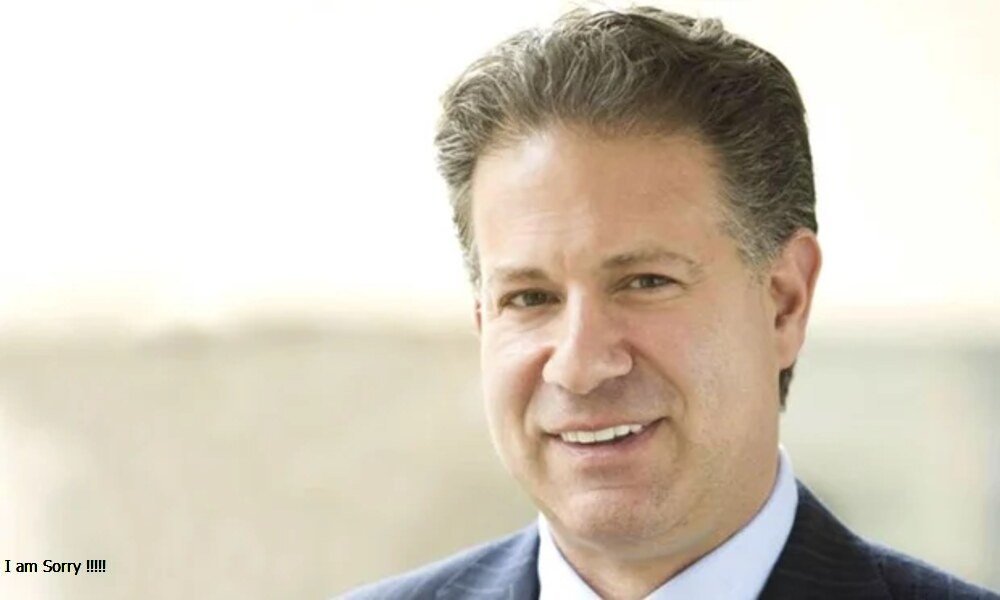Introduction to the Sierra Mist Controversy
Sierra Mist has been a familiar name in the lemon-lime soda landscape for over two decades; introduced in 1999 by PepsiCo as a direct competitor to Coca-Cola’s Sprite, Sierra Mist aimed to capture a slice of the citrus-flavored soda market with a formula marketed as crisp, clean, and refreshing. Over the years, however, the brand struggled to maintain market share despite multiple formula tweaks and rebranding efforts.
Fast forward to early 2023, and PepsiCo quietly pulled Sierra Mist from the shelves, replacing it with a new beverage named “Starry.” But as the public adjusted to the disappearance of Sierra Mist, a new buzz hit social media: an alleged lawsuit tied to a TikTok personality named “Cierra Mistt.” This unexpected twist fueled the rebranding fire, triggering speculation and confusion. The Sierra Mist lawsuit suddenly became a trending topic, sparking debates around branding, trademark laws, and the power of internet influencers.
What Happened to Sierra Mist?
The fall of Sierra Mist wasn’t sudden—it was a slow decline marked by underperformance and brand confusion. Over the years, PepsiCo made numerous efforts to revamp the drink, rebranding it as “Mist Twst” in 2016 and reverting to Sierra Mist shortly after.
Despite changes in its formula to include cane sugar and market it as a more natural alternative, Sierra Mist consistently fell short of its rival, Sprite, which continued to dominate shelf space and consumer loyalty. By 2022, Sierra Mist had reached a point of stagnation, with declining sales and a brand identity that lacked clarity.
PepsiCo needed a fresh start—something bold enough to capture Gen Z consumers who gravitate toward new, vibrant, and socially relevant brands. This led to the discontinuation of Sierra Mist in early 2023 and the launch of Starry, a modern lemon-lime soda designed to reinvigorate PepsiCo’s presence in the category.
The Launch of Starry: PepsiCo’s New Strategy
Starry debuted with flashy packaging, a youthful tone, and marketing that leaned heavily into memes, social media, and Gen Z slang. Its branding was loud, colorful, and unapologetically contemporary, signaling a clear break from the subdued image of Sierra Mist.
PepsiCo aimed to make Starry more than just a soda—it wanted a cultural moment. According to PepsiCo executives, Starry aimed to connect with younger consumers who care about self-expression and authenticity.
Starry’s formula was also slightly altered to offer a bolder, citrus-forward taste that could directly challenge Sprite’s dominance. Initial feedback was mixed—some fans welcomed the change, while others expressed nostalgia for Sierra Mist.
However, one thing was clear: Starry wasn’t just a rebrand; it was a complete reset. And just as the conversation around Starry gained momentum, a bizarre twist emerged online—claims of a lawsuit involving a TikToker and the old Sierra Mist name.
The Sierra Mist Lawsuit: What You Need to Know
In mid-2023, TikTok influencer Cierra Mistt—a travel and flight attendant content creator with a sizable following—posted a video claiming that PepsiCo was suing her over her name. She alleged that the company had filed a cease-and-desist letter, accusing her of infringing on their trademark by using a name similar to their retired product, Sierra Mist.
The claim quickly went viral, with many users rallying to support Cierra and criticize PepsiCo for what they perceived as corporate bullying. However, questions began to emerge. Was PepsiCo suing a social media influencer over a now-defunct product name? Could they even make such a claim after discontinuing the brand?
As the story picked up steam, it became clear that details were scarce—and possibly exaggerated. Cierra Mistt never released the legal documents, and PepsiCo remained silent. What started as a viral story now demanded legal scrutiny, raising the question: was the Sierra Mist lawsuit even actual?
Understanding the Trademark Controversy
Trademarks exist to protect brand identity and prevent consumer confusion in the marketplace. A company like PepsiCo can enforce its trademark rights if another brand or public figure uses a similar name in a way that could dilute the original brand’s value or create confusion among consumers.
However, trademark protection has limits. If Sierra Mist was indeed discontinued and PepsiCo allowed the trademark to lapse, its ability to enforce such rights would be significantly weakened. Furthermore, Cierra Mistt is not selling soda—she’s a personal brand built around travel content, not beverages.
In the eyes of trademark law, this distinction could matter greatly. Courts typically examine whether the use of a name occurs in the same category of goods or services. Thus, PepsiCo’s grounds for suing a TikToker over a similar-sounding name may not be legally robust, especially without commercial overlap.
Whether or not PepsiCo took actual legal action remains unclear, but the viral nature of the claim put the company in the spotlight regardless.
Impact on Consumers and Brand Loyalty
Whether factual or exaggerated, the Sierra Mist lawsuit highlighted consumers’ emotional connection with the discontinued soda. For many, Sierra Mist was more than just a drink—a childhood staple, a default choice at fast food restaurants, or a nostalgic reminder of simpler times.
The abrupt replacement with Starry left a sour taste in some loyal fans, and the added controversy around the alleged lawsuit didn’t help matters. Consumers expressed mixed emotions: disappointment, confusion, and distrust toward PepsiCo.
Meanwhile, Starry had to earn its place in refrigerators and public sentiment. The transition was a branding risk, and the viral lawsuit narrative only complicated its reception. While some younger consumers embraced the change, others remained skeptical, unsure whether the company had made the right call.
Social Media and Viral Misinformation
TikTok and other platforms have become breeding grounds for viral stories rooted in fact or fiction. In the case of the Sierra Mist lawsuit, a single video from an influencer spiraled into a widespread narrative that many took at face value.
The platform’s algorithm thrives on controversy and engagement, and stories involving big corporations versus individuals often generate sympathy and clicks. However, the rapid spread of potentially misleading information highlights the need for digital literacy.
As users reshared the story without verifying details, it morphed into a digital game of telephone. The result was a PR challenge for PepsiCo despite no official lawsuit being confirmed.
This case is a cautionary tale for corporations and creators: transparency and accountability are vital in a world where misinformation can become the truth in hours.
PepsiCo’s Official Response and Position
As of early 2025, PepsiCo has not issued a public statement confirming or denying the alleged legal action against Cierra Mistt. This silence has fueled further speculation, allowing internet users to fill in the gaps with assumptions and theories.
From a legal standpoint, the lack of public documentation suggests that the lawsuit never existed or was handled privately and possibly resolved behind closed doors.
What is clear, however, is PepsiCo’s focus on the future of its beverage portfolio. The company has doubled on promoting Starry through influencer partnerships, pop culture collaborations, and targeted marketing campaigns.
By staying forward-facing, PepsiCo may be trying to avoid being drawn into a public dispute that distracts from its new brand narrative.
Legal Expert Opinions on the Case
Intellectual property attorneys who have weighed in on the viral story largely agree that PepsiCo would face an uphill battle if it tried to enforce a claim against an influencer not involved in the beverage space.
The similarity between “Sierra Mist” and “Cierra Mistt” may be notable, but without product or market overlap, the case for consumer confusion is weak. Additionally, the company could risk abandonment claims if the Sierra Mist trademark is no longer actively used or defended.
Legal experts suggest that the most likely scenario is that no formal lawsuit exists, and the claims were either misunderstood or exaggerated for online engagement.
However, the story still offers a valuable reminder of the importance of understanding trademarks—especially for influencers building personal brands that may echo corporate ones.
Conclusion: The Legacy of Sierra Mist and What’s Next
Regardless of its factual basis, the Sierra Mist lawsuit controversy has become a fascinating case study in modern branding, legal awareness, and internet culture. It underscores how quickly a simple claim can explode into a viral narrative, reshaping public perception of a global brand.
PepsiCo’s decision to retire Sierra Mist and launch Starry marks a new chapter, but it hasn’t been without turbulence. From trademark confusion to influencer drama, the transition has been as dramatic as it has been strategic.
For consumers, the saga represents more than a product change—it’s a reminder of how branding, law, and social media are now deeply intertwined. Whether you miss Sierra Mist or enjoy Starry’s new flavor, one thing is sure: in the age of TikTok and tweets, even a soda can spark a headline-making controversy.
Do Read: Walmart Lawsuit Settlement: Everything You Need to Know in 2025















